Rochelle Spencer on Sharing, Thinking, Connecting: Writing as Conversation
Writer and literary organizer Rochelle Spencer blogs about P&W–funded writers, Patricia Spears Jones and Tan Lin, and how they engage their audience. Rochelle teaches at LaGuardia Community College in Queens, New York, and is the author of the e-book Ella Jones and Her Magical Vagina.
"You can't just write for your own amusement."
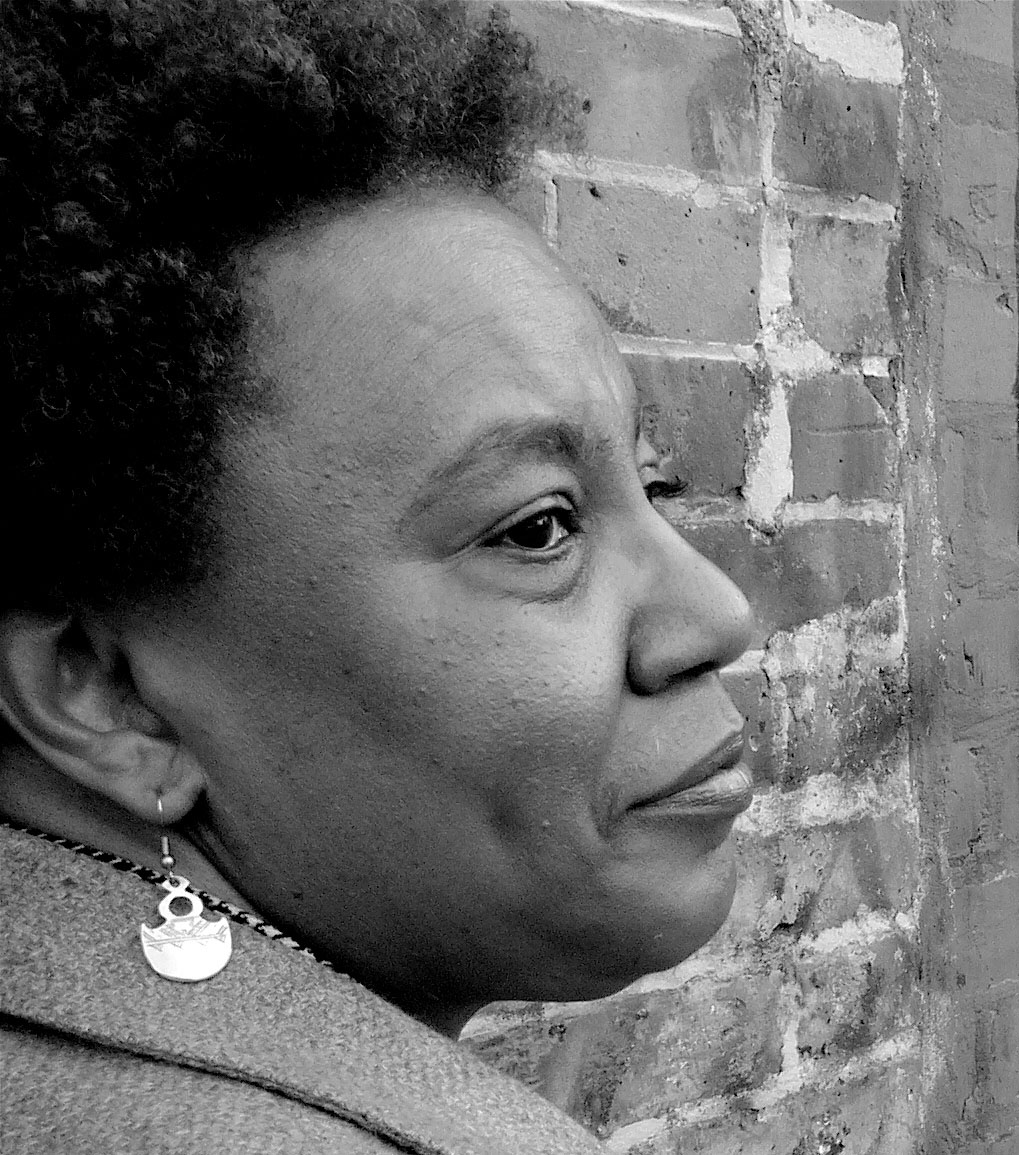 One of my writing mentors gave me this advice after I'd shared with her a story that I thought was quite clever. (It really wasn't—I just thought so.) But my mentor's point—that writing should be an unselfish act, that we should seek to engage the outside world each time we pick up a pen or click on the keyboard—makes more sense to me these days. As I seek to reinvent my writing and move away from the random sexual puns and allusions that have dominated my style, I find myself drawn to hearing other writers' voices, to uncover how they've made their audiences part of their storytelling process.
One of my writing mentors gave me this advice after I'd shared with her a story that I thought was quite clever. (It really wasn't—I just thought so.) But my mentor's point—that writing should be an unselfish act, that we should seek to engage the outside world each time we pick up a pen or click on the keyboard—makes more sense to me these days. As I seek to reinvent my writing and move away from the random sexual puns and allusions that have dominated my style, I find myself drawn to hearing other writers' voices, to uncover how they've made their audiences part of their storytelling process.
Two writers whom I admire, Patricia Spears Jones, author of Painkiller (Tia Chucha Press, 2010) and three other collections of poems, and Tan Lin, author of HEATH COURSE PAK (Counterpath Press, 2012) and the recipient of a Getty Distinguished Scholar Grant, have each shared their work at LaGuardia Community College, where I teach. In addition, Patricia Spears Jones has received support from the Readings/Workshops Program at Poets & Writers for many years at venues including: The Dwyer Cultural Center, Poets Out Loud, The Coney Island History Project, and the Brooklyn Public Library. Tan Lin has also been funded through the Readings/Workshops Program for his readings at the Asian American Writers' Workshop.
After Patricia and Tan's reading at LaGuardia Community College, the audience flooded the writers with questions about their work.
How does a reading produce such an engaged audience?
When I spoke to Patricia, she laughed. "I'm trying to connect with as many different kinds of people and things as I can," she said. In poems like "Painkiller," Patricia shows how diverse groups are connected, how "the murderer and the martyr/the adulterer and the healer can at any moment change positions." Patricia says sometimes people are surprised by her diverse, universal themes, but they shouldn't be: "As an African American, I come from a huge, sophisticated culture, not one that has often been seen as one note or one idea. Our culture is a lot more heterogeneous than is often presented, and I feel I am part of that heterogeneity."
Tan also connects with audiences; in fact, he says that audience is so important to his work that he's uncomfortable with the term "author's readings." Embracing Roland Barthes's idea about authors and their demise, Tan argues that the reader, and not the author, performs the work and what interests him is the audience's reaction to that work.
"You try to get the audience to perform the book in as interesting ways as possible," Tan says. "At LaGuardia, I did a video presentation where you see one word and then another word over a seven-second sequence. It's reading in a way—it may not be a novel or a poem but it's how language is processed, one word at a time. I am really interested in what people may call the social production of language, language that is produced within some kind of environment."
Indeed. And, I think my old writing mentor would be delighted by both Tan and Patricia's work—writing that involves, engages, and interacts with their readers.
Photo: Patricia Spears Jones. Credit: Thomas Sayers Ellis.
Support for Readings/Workshops in New York City is provided, in part, by public funds from the New York State Council on the Arts, and the New York City Department of Cultural Affairs, with additional support from the Louis & Anne Abrons Foundation, the Axe-Houghton Foundation, the A.K. Starr Charitable Trust, and the Friends of Poets & Writers.






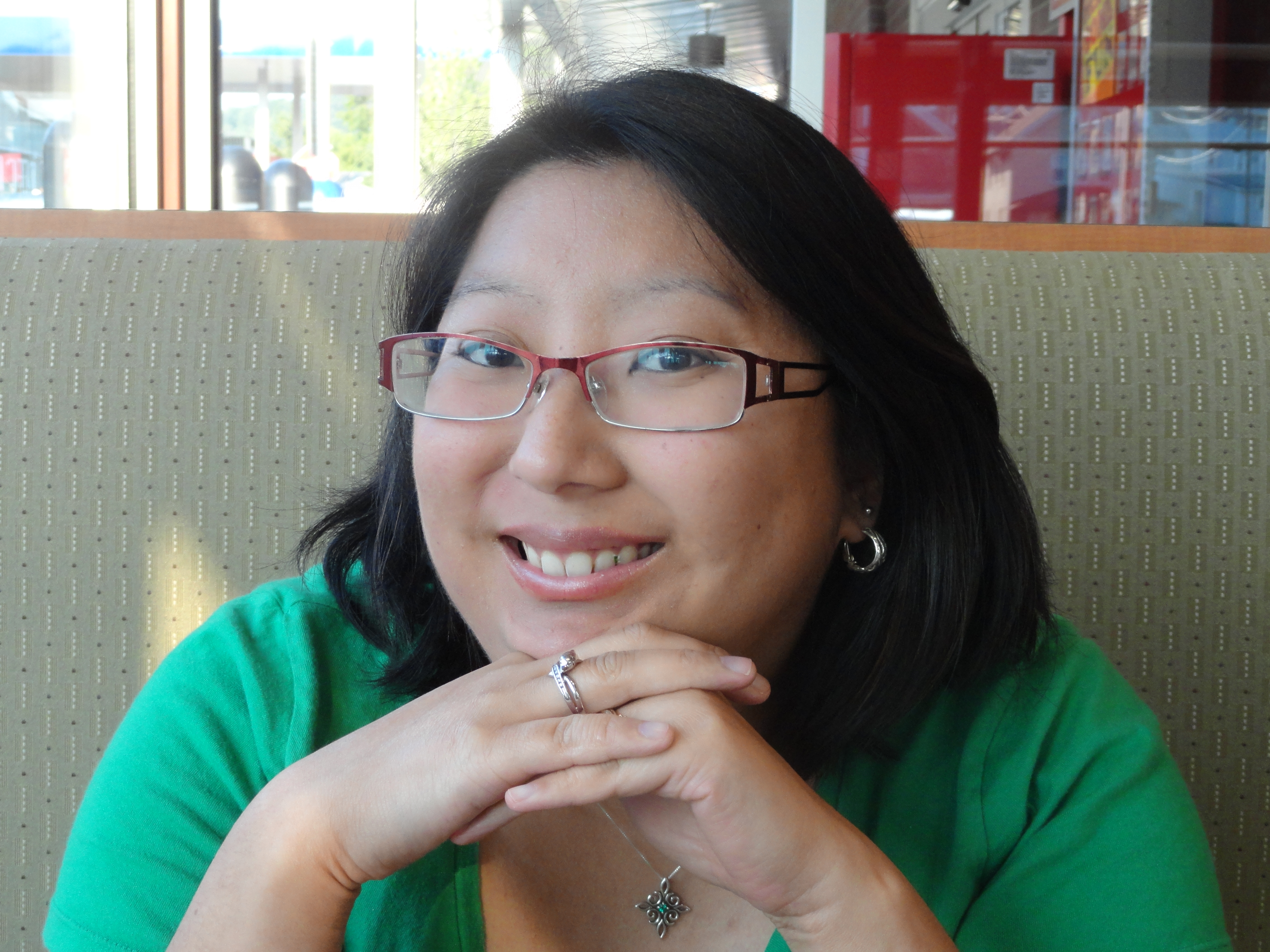 ideratum (Finishing Line Press 2013), says she loves to hear Naomi Shihab Nye read “because she is very expressive and she takes her time with the text. Sometimes people just rush through and you can’t hear all of the nuances. For a good reading, you have to be committed to the integrity of the text and the overall message.”
ideratum (Finishing Line Press 2013), says she loves to hear Naomi Shihab Nye read “because she is very expressive and she takes her time with the text. Sometimes people just rush through and you can’t hear all of the nuances. For a good reading, you have to be committed to the integrity of the text and the overall message.”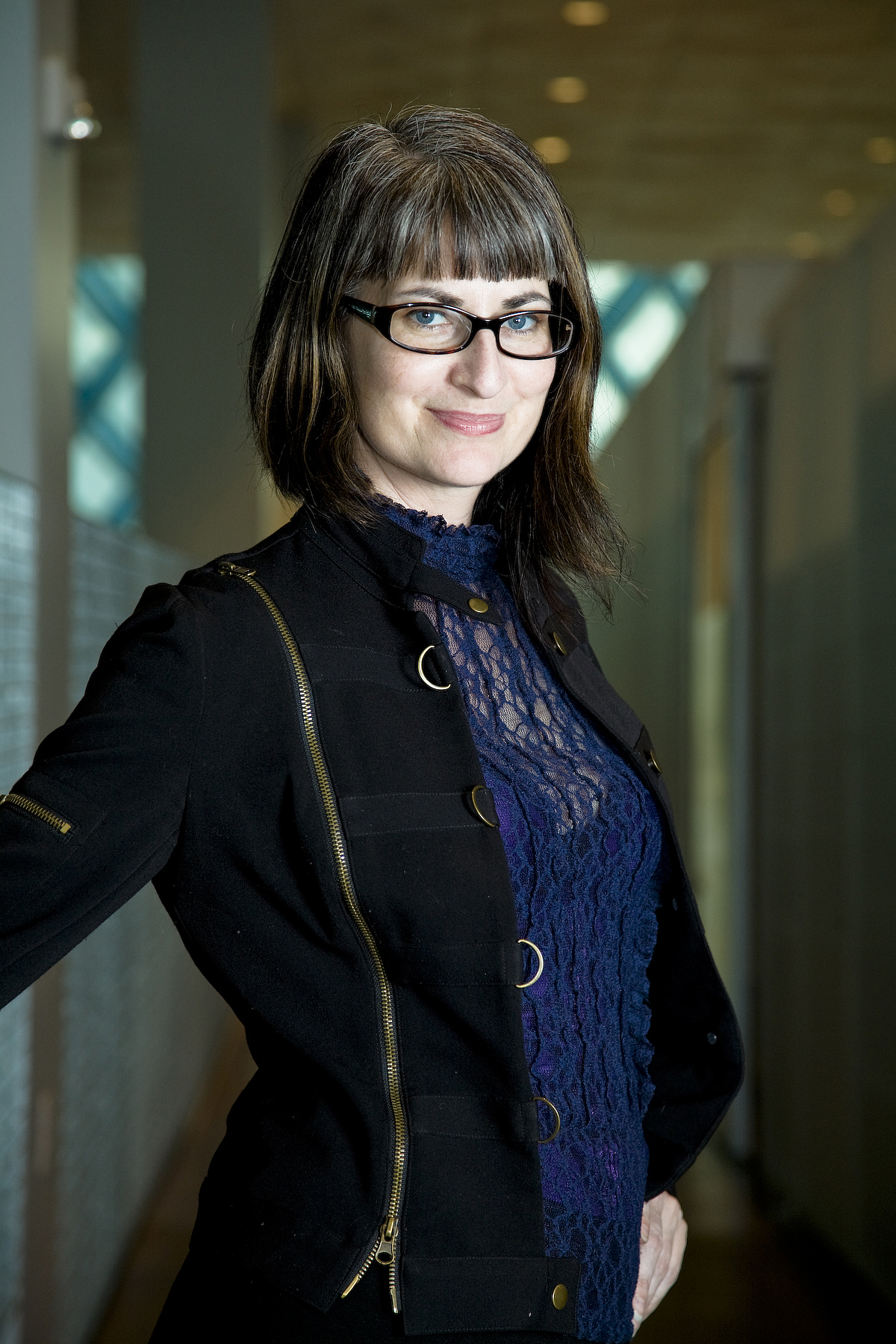 What are your reading dos?
What are your reading dos? abazz revealed to me her dream of using the arts to do something positive for the Atlanta community, I told her about the
abazz revealed to me her dream of using the arts to do something positive for the Atlanta community, I told her about the 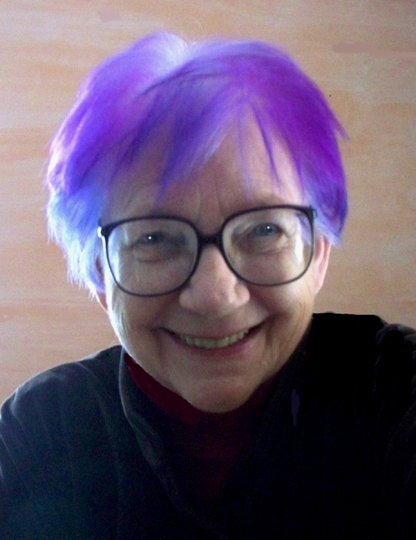 Poets Barry Seiler (Frozen Falls) and John Paul O'Connor (Poems for the First Hundred Days); novelists Mermer Blakeslee (In Dark Water), Charlotte Zoe Walker (Condor and Hummingbird), Marjorie B. Kellogg (Lear's Daughters) and many more have read in the tent on the green. Young writers have been introduced at the Festival, too; winners of Bright Hill's Share the Words Poetry Competition and the Empire State Poetry Competition. Reading for the Festival is a unique and picturesque experience; festival-goers meander around the square, stopping in artists' booths and food concessions until, finding thier way to the authors' tent, they sit and enjoy the words in the air. After the readings, there are lively Q&A periods and time to sign books. These Art and Soul Readings are snapshots of rural America enjoying both emerging and established writers.
Poets Barry Seiler (Frozen Falls) and John Paul O'Connor (Poems for the First Hundred Days); novelists Mermer Blakeslee (In Dark Water), Charlotte Zoe Walker (Condor and Hummingbird), Marjorie B. Kellogg (Lear's Daughters) and many more have read in the tent on the green. Young writers have been introduced at the Festival, too; winners of Bright Hill's Share the Words Poetry Competition and the Empire State Poetry Competition. Reading for the Festival is a unique and picturesque experience; festival-goers meander around the square, stopping in artists' booths and food concessions until, finding thier way to the authors' tent, they sit and enjoy the words in the air. After the readings, there are lively Q&A periods and time to sign books. These Art and Soul Readings are snapshots of rural America enjoying both emerging and established writers.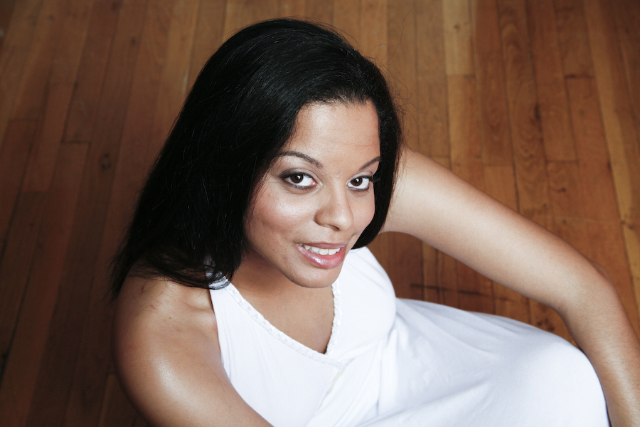
 Every month Stephen Danos and I host a salon-style poetry reading at my apartment: my carpeted, two-bedroom, un-air conditioned, third-floor walk-up in Chicago’s North Center neighborhood. On this humid July night, after a small rain storm that didn’t even try to push any kind of cold front through, we orchestrated a great evening with readers Sally Delehant, Mark Leidner, and
Every month Stephen Danos and I host a salon-style poetry reading at my apartment: my carpeted, two-bedroom, un-air conditioned, third-floor walk-up in Chicago’s North Center neighborhood. On this humid July night, after a small rain storm that didn’t even try to push any kind of cold front through, we orchestrated a great evening with readers Sally Delehant, Mark Leidner, and  Every month I remember why we host the series when I see forty-odd people of all kinds sitting on the floor sweating in an almost unbearably hot apartment, all eyes on the reader. I’m reminded that we do it to make other people happy, to bring them together, and to make it a memorable night.
Every month I remember why we host the series when I see forty-odd people of all kinds sitting on the floor sweating in an almost unbearably hot apartment, all eyes on the reader. I’m reminded that we do it to make other people happy, to bring them together, and to make it a memorable night. It’s also easy to overlook the “Dollhouse virgins.” Stephen and I have been doing this for so long that it’s nice to be reminded of the newness for some guests. A regular, Ryan Spooner, overheard a couple talking about this being their first time. There might have been a giddy giggle in there somewhere, too.
It’s also easy to overlook the “Dollhouse virgins.” Stephen and I have been doing this for so long that it’s nice to be reminded of the newness for some guests. A regular, Ryan Spooner, overheard a couple talking about this being their first time. There might have been a giddy giggle in there somewhere, too.
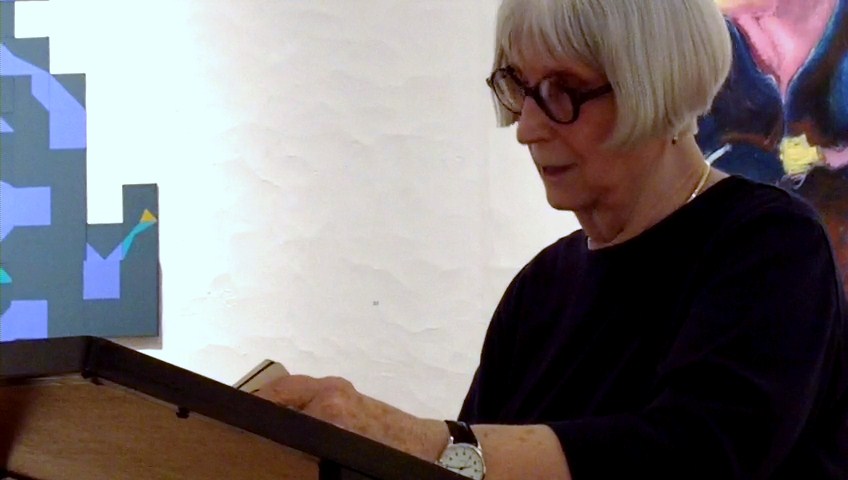 She also capped the 2011–2012 season for the Woodward Line Poetry Series, which runs from September through June. The decade-old series takes place in the century-old Scarab Club art gallery. The lower floor, where the reading took place, is an airy, brilliant white space with wooden floors. Wakoski read in front of a five-foot-long painting of a rooster and managed not to be upstaged.
She also capped the 2011–2012 season for the Woodward Line Poetry Series, which runs from September through June. The decade-old series takes place in the century-old Scarab Club art gallery. The lower floor, where the reading took place, is an airy, brilliant white space with wooden floors. Wakoski read in front of a five-foot-long painting of a rooster and managed not to be upstaged.